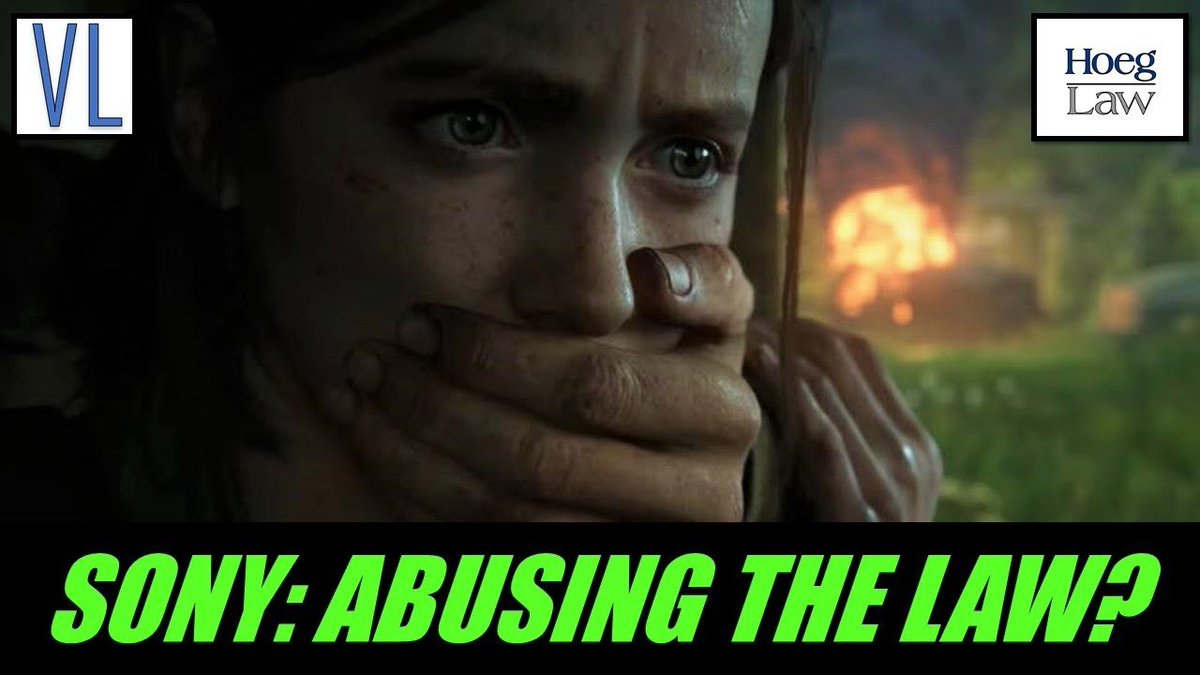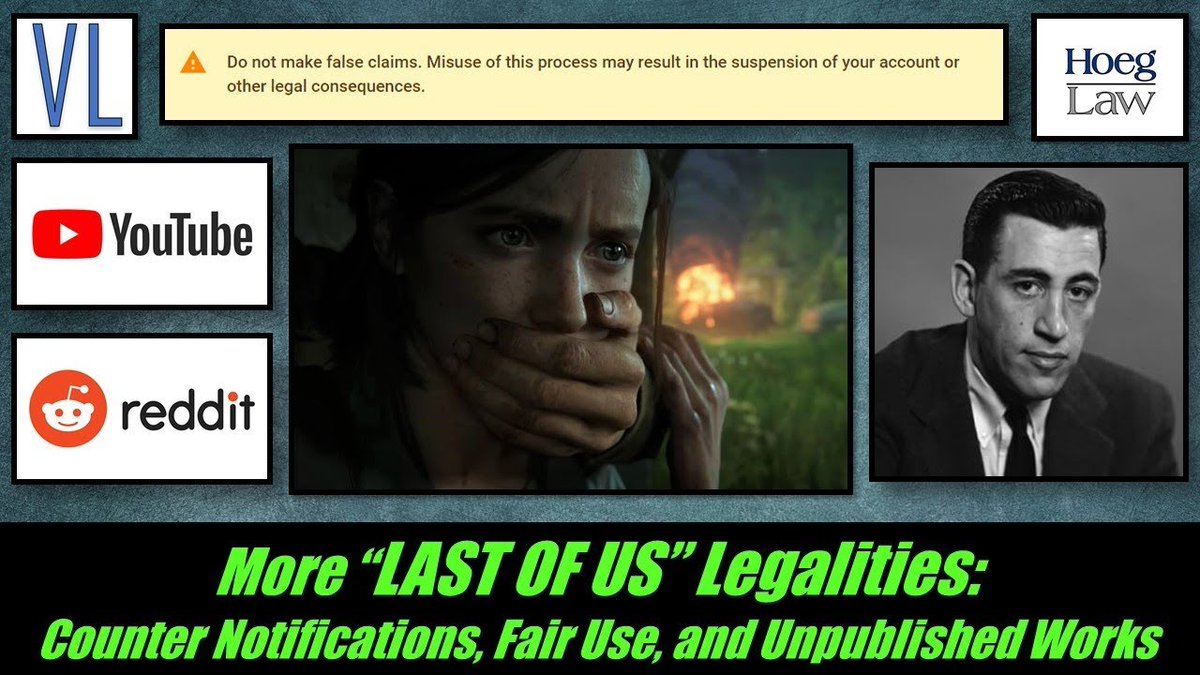
A laughable assertion. His authority is expressly limited (outside of prohibiting gatherings) solely to "procedures...to insure continuation of essential public health services and enforcement of [existing] health laws."
Absent a threat to "continuation" there is no authority.
Absent a threat to "continuation" there is no authority.
https://twitter.com/DavidEggert00/status/1313540533739040770
The order, for those interested. Difficult to see how application of the non-delegation doctrine that prohibited an elected official's actions in this regard would permit an unelected official's, but I guess that's for the next lawsuit.
michigan.gov/documents/coro…
michigan.gov/documents/coro…
Notably, the court in Certified Questions was particularly concerned with the lack of contours given to the executive's use of power, where here, virtually no such contours are established at all. Instead, the director simply shouts "continuation" and provides 4 pages of "law".
This is a significantly weaker position than the governor's (that lost), but it's purpose, like those of the executive orders themselves, seems primarily designed around preventing the duly elected legislature from having a seat at the table on these important issues.
• • •
Missing some Tweet in this thread? You can try to
force a refresh













